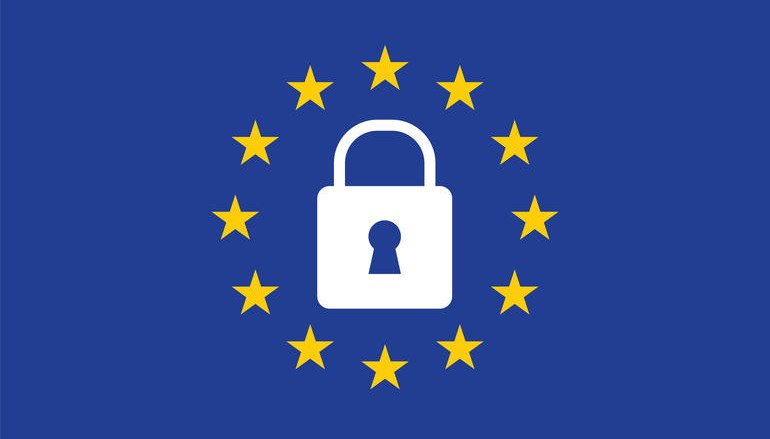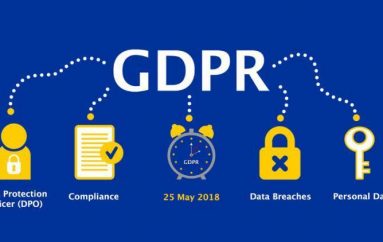
What is GDPR? Everything you need to know about the new general data protection regulations
In January 2012, the European Commission set out plans for data protection reform across the European Union in order to make Europe ‘fit for the digital age’. Almost four years later, agreement was reached on what that involved and how it will be enforced.
One of the key components of the reforms is the introduction of the General Data Protection Regulation (GDPR). This new EU framework applies to organisations in all member-states and has implications for businesses and individuals across Europe, and beyond.
“The digital future of Europe can only be built on trust. With solid common standards for data protection, people can be sure they are in control of their personal information,” said Andrus Ansip, vice-president for the Digital Single Market, speaking when the reforms were agreed in December 2015.
What is GDPR?
At its core, GDPR is a new set of rules designed to give EU citizens more control over their personal data. It aims to simplify the regulatory environment for business so both citizens and businesses in the European Union can fully benefit from the digital economy.
The reforms are designed to reflect the world we’re living in now, and brings laws and obligations – including those around around personal data, privacy and consent – across Europe up to speed for the internet-connected age.
Fundamentally, almost every aspect of our lives revolves around data. From social media companies, to banks, retailers, and governments — almost every service we use involves the collection and analysis of our personal data. Your name, address, credit card number and more all collected, analysed and, perhaps most importantly, stored by organisations.
What is GDPR compliance?
Data breaches inevitably happen. Information gets lost, stolen or otherwise released into the hands of people who were never intended to see it — and those people often have malicious intent.
Under the terms of GDPR, not only will organisations have to ensure that personal data is gathered legally and under strict conditions, but those who collect and manage it will be obliged to protect it from misuse and exploitation, as well as to respect the rights of data owners – or face penalties for not doing so.
Who does GDPR apply to?
GDPR applies to any organisation operating within the EU, as well as any organisations outside of the EU which offer goods or services to customers or businesses in the EU. That ultimately means that almost every major corporation in the world will need to be ready when GDPR comes into effect, and must start working on their GDPR compliance strategy.
There are two different types of data-handlers the legislation applies to: ‘processors’ and ‘controllers’. The definitions of each are laid out in Article 4 of the General Data Protection Regulation.
A controller is “person, public authority, agency or other body which, alone or jointly with others, determines the purposes and means of processing of personal data”, while the processor is “person, public authority, agency or other body which processes personal data on behalf of the controller”. If you are currently subject to the UK’s Data Protection Act, for example, it’s likely you will have to look at GDPR compliance too.
“You will have significantly more legal liability if you are responsible for a breach. These obligations for processors are a new requirement under the GDPR,” says the UK’s Information Commissioners Office, the authority responsible for registering data controllers, taking action on data protection and handling concerns and mishandling data.
GDPR ultimately places legal obligations on a processor to maintain records of personal data and how it is processed, providing a much higher level of legal liability should the organisation be breached.
Controllers will also be forced to ensure that all contracts with processors are in compliance with GDPR.
Source | zdnet




